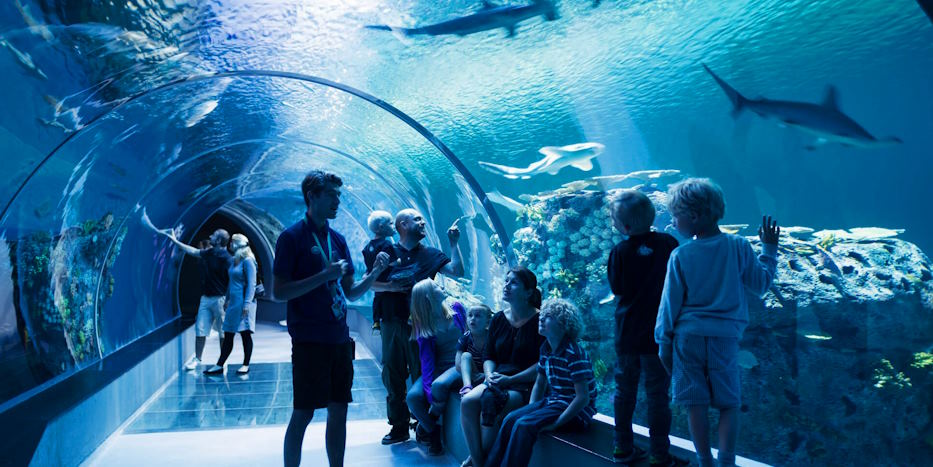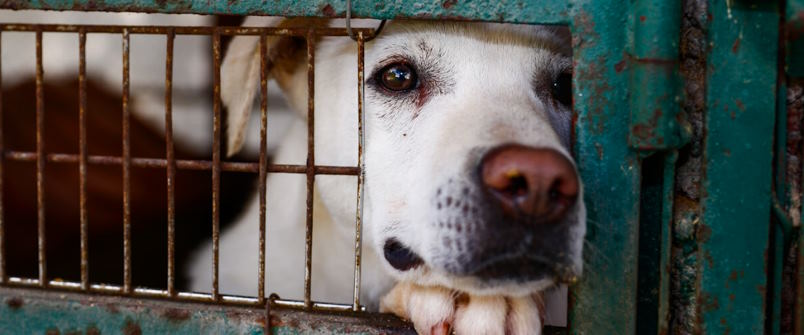Here we speak about popular attractions, captivating visitors with the opportunity to observe and learn about different animal species. These institutions aim to educate the public, promote conservation, and provide entertainment. However, amidst the awe-inspiring exhibits and interactive experiences, questions arise about the ethical implications and the animals’ well-being. Are zoos and aquariums truly beneficial for the animals they house, or do they perpetuate confinement and compromise their instincts?
Why can zoos or aquariums be beneficial for animals?
Zoos and aquariums are often touted for their potential benefits to animal welfare.
Many zoos and aquariums actively engage in breeding programs and conservation initiatives to protect endangered species. Through captive breeding, these institutions can help ensure the survival of threatened populations and provide a potential lifeline for species on the brink of extinction.
In addition, some species face severe threats in their natural habitats, such as habitat loss, poaching, and climate change. Zoos and aquariums provide a protected environment where animals can be shielded from these dangers, offering them safety and refuge.
One of the biggest benefits is that many zoos and aquariums operate rehabilitation centers where injured or orphaned animals are nursed back to health to reintroduce them to the wild. These facilities provide medical care, proper nutrition, and a controlled environment for animals to recover and regain their abilities before release.
Besides, zoos and aquariums play a vital role in educating the public about various animal species, their habitats, and the importance of conservation. They offer opportunities for visitors to learn about different ecosystems, wildlife behavior, and environmental challenges, fostering a deeper understanding and appreciation for the natural world.

In what ways zoos or aquariums can be harmful to animals?
While zoos and aquariums can have positive aspects, there are concerns and criticisms regarding their impact on animal welfare.
Confinement and Limited Space
Animals in zoos and aquariums are often confined to smaller enclosures or tanks compared to their natural habitats. The restricted space can hinder their ability to exhibit natural behaviors, roam freely, and engage in species-specific activities. In addition, this confinement can lead to stress, boredom, and reduced overall well-being.
Behavioral and Psychological Issues
Animals may suffer from psychological distress due to the absence of complex social structures, natural hunting or foraging opportunities, and the inability to fulfill their instincts.
Stress and Health Issues
The conditions of captivity can be stressful for animals, leading to compromised immune systems, higher susceptibility to diseases, and reduced lifespan compared to their wild counterparts. Proximity to other animals and exposure to visitors can also increase stress levels and the risk of zoonotic diseases.
Commercialization and Entertainment Focus
Some critics argue that certain zoos and aquariums prioritize profit and entertainment over the welfare of animals. Their main purposes are exhibits that attract visitors rather than creating environments that truly meet the needs of the animals.







